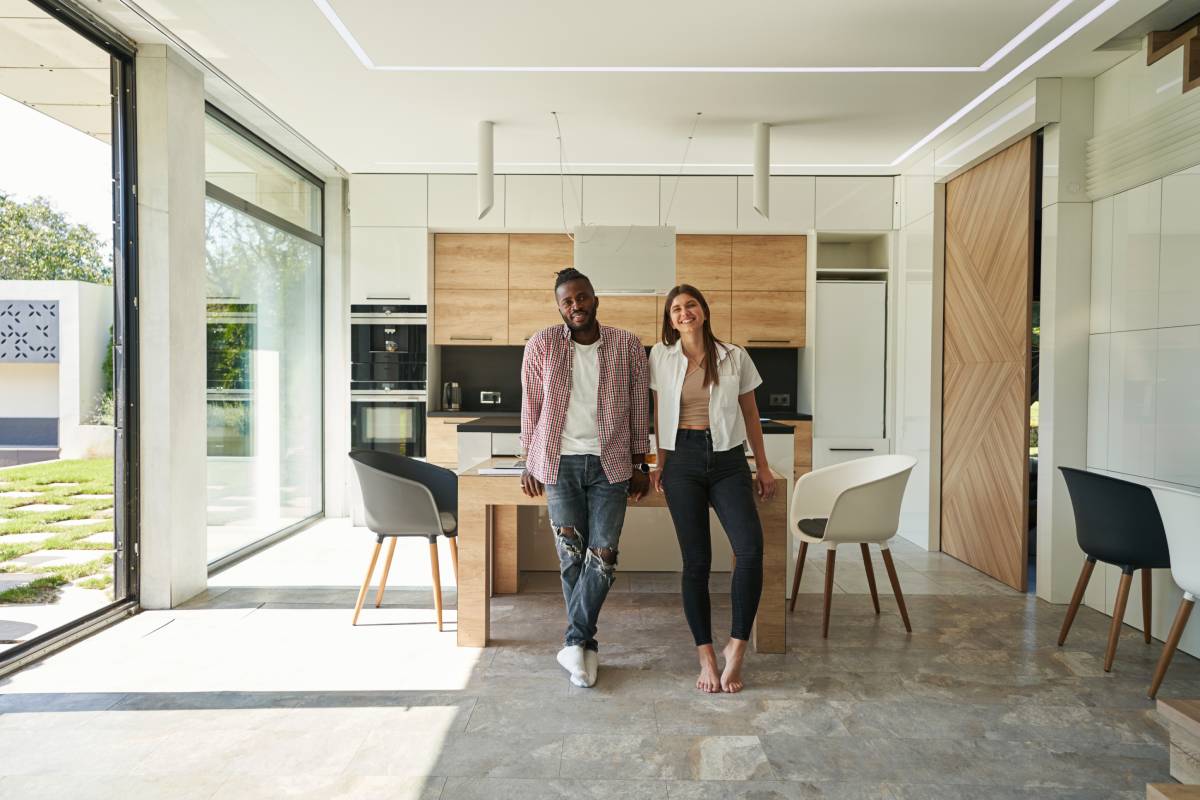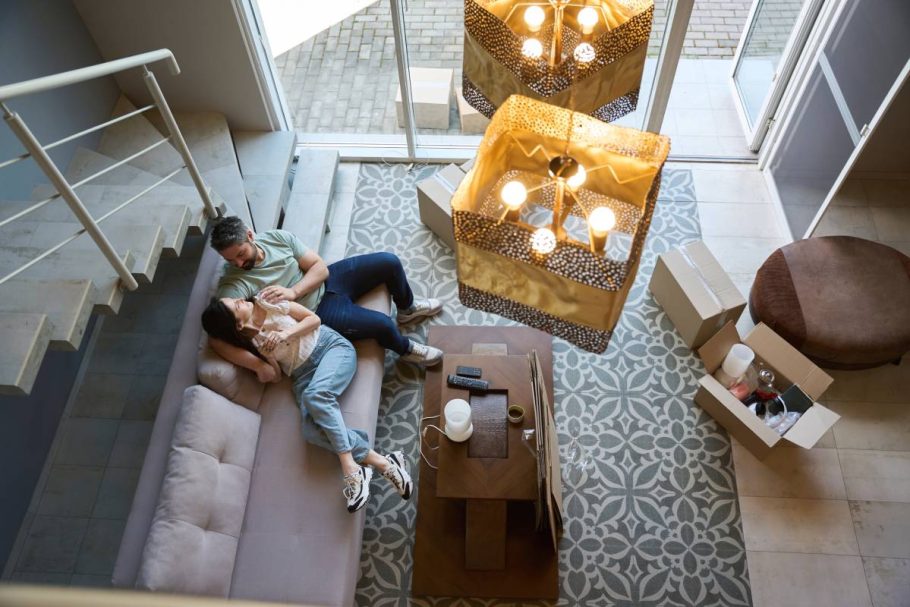Duplex Rooms: Luxury, Privacy, and Versatility Combined with an Insight into Simplex vs. Duplex Communication Systems
A duplex room offers a luxurious, two-level accommodation that combines comfort, space, and privacy, making it ideal for travelers, families, and business professionals.
With separate areas for living and sleeping, duplex rooms stand out for their unique design and functionality.
In this article, we will explore the features and benefits of duplex rooms and compare them to simplex systems, both in architecture and communication, providing insight into their versatility and appeal.
What Makes Duplex Rooms Special?
Duplex rooms offer spaciousness with two levels that separate zones for different activities, providing comfort and privacy. These rooms often include luxurious amenities such as modern kitchens, multiple bathrooms, high-end furnishings, large windows with scenic views, and elegant wooden flooring.
Ideal for longer stays or family and business trips, a duplex suite may have a large living area downstairs with cozy seating and a well-designed kitchen. Upstairs, the bedroom features a king-sized bed, walk-in closet, and a lavish en-suite bathroom. Stylish decor and high ceilings complete the sophisticated atmosphere.
Who Would Benefit from a Duplex Room?
The Difference Between Simplex and Duplex
While the term “duplex” is often associated with hotel rooms or residential apartments, it can also refer to other forms of communication or systems, such as simplex and duplex communication systems.
In the context of communication systems, the difference between simplex and duplex refers to the direction of data transmission.
Simplex
Simplex refers to one-way communication, meaning data or signals are transmitted in one direction only. In simplex systems, the transmission occurs in a single direction, and there is no feedback or return signal.
An example of a simplex system is a television broadcast, where signals are transmitted from the broadcaster to the viewers, but viewers cannot send signals back.
Duplex
Duplex, on the other hand, refers to two-way communication, where data or signals can be transmitted in both directions.
Duplex systems allow for simultaneous bidirectional transmission, enabling both parties to send and receive signals at the same time. A common example of duplex communication is a telephone conversation, where both participants can speak and listen simultaneously.
Which is Better: Simplex or Duplex?

The decision of whether simplex or duplex communication is better depends largely on the specific needs of the situation. In terms of efficiency and flexibility, duplex communication is typically the preferred option. Here’s why:
Efficiency
Duplex systems are more efficient for real-time communication, as they allow for immediate feedback and interaction. This is particularly important in situations where rapid responses or continuous dialogue are necessary, such as in telephone conversations, video conferences, and interactive communication systems.
Real-Time Interaction
In a duplex system, both parties can communicate freely without waiting for one to finish before the other can speak. This leads to a more natural and fluid conversation, which is essential in business, customer service, and social interactions.
Increased Productivity
Other Considerations Between Simplex and Duplex
Cost
Duplex systems tend to be more expensive than simplex systems, as they require more advanced technology and infrastructure to support two-way communication.
Complexity
Duplex systems are more complex to design, implement, and maintain. They require additional equipment for sending and receiving signals simultaneously, which can make them less cost-effective for certain applications.
In conclusion, duplex communication is better suited for interactive, real-time scenarios where two-way communication is needed. Simplex communication is ideal for situations where one-way transmission suffices, such as broadcasting or data delivery to a large group.
Conclusion
A duplex room provides an elevated hotel experience with its two-level layout, offering extra space, privacy, and luxury, making it ideal for families, business travelers, and those seeking refined accommodations. Its versatility also makes it perfect for extended stays.
Additionally, the concept of duplex applies to communication systems, with duplex enabling bidirectional communication, unlike simplex, which is one-way.
Duplex systems are generally more efficient and flexible, making them a preferred choice for both sophisticated living experiences and communication needs.





